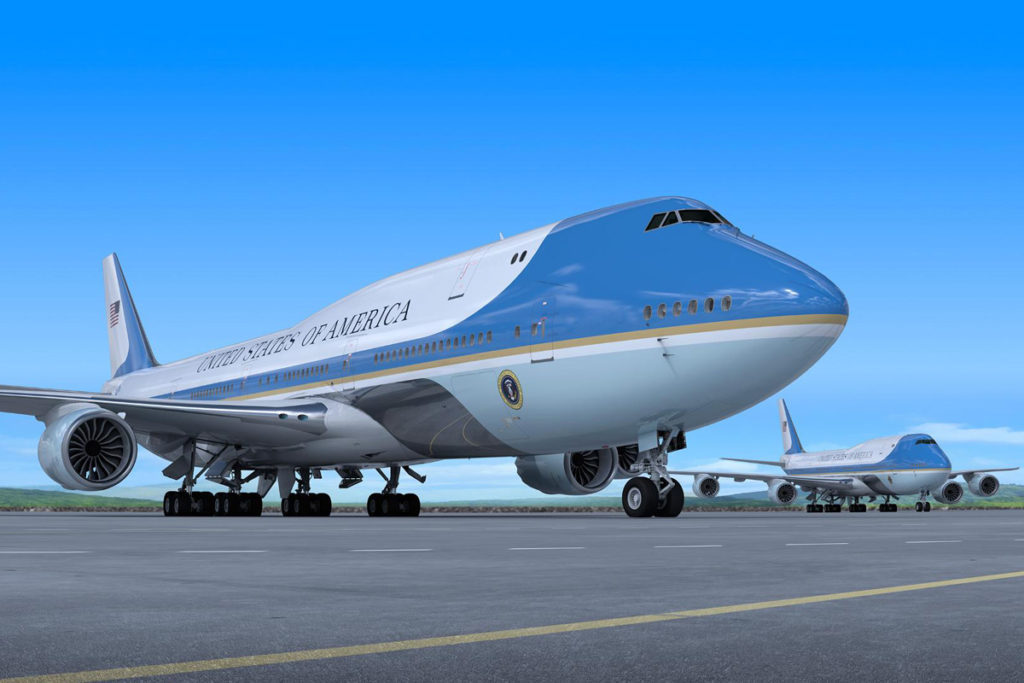Launch of New Air Force One 747-8 VC-25B Delayed to 2026

Boeing has announced another delay in the development of the new Air Force One, the 747-8 VC-25B, pushing its first flight back to March 2026. The announcement was confirmed by an Air Force spokesperson and comes amid ongoing revisions to the project’s timeline, expected to be updated later this summer.
Initially rebaselined in 2022 to address earlier setbacks, the program has encountered additional delays, extending the timeline for two critical milestones. The “power on” phase, involving ground-based testing of the aircraft’s subsystems, is now rescheduled for July 2025 instead of the previously planned date in the last month. Additionally, the maiden flight, initially set for November of this year, has been postponed to March 2026.
This extension aligns with a broader pattern of delays affecting the delivery of the two jets, the first of which was expected in September 2026, with a year of schedule flexibility. The second jet is anticipated by February 2027, also allowing for a year’s margin in the timetable.
These updates come as Boeing grapples with significant financial losses on several fixed-price contracts with the Pentagon, including the KC-46A refueling tanker program. The VC-25B project, negotiated during the Trump administration under previous Boeing leadership, has been highlighted as a particularly challenging agreement. Boeing’s current CEO, Dave Calhoun, has expressed that the company took on “a very unique set of risks” with this project, which in hindsight may not have been advisable.
To date, Boeing has incurred over $2 billion in losses on the presidential airlift recapitalization project alone. The aircraft, which was initially slated for delivery this year, has been bogged down by a range of issues, including workforce disruptions and complications from the COVID-19 pandemic, which affected labor availability and disrupted supply chains.
Further complications arose when a subcontractor responsible for the jet’s interior design went bankrupt, forcing Boeing to secure a new supplier. Moreover, the project faced internal challenges, such as issues with certain employees lacking necessary clearances working on the program, which drew Pentagon attention.
The Government Accountability Office (GAO) last year also pointed to developmental challenges, including a significant number of unexpected design errors that halted wiring fabrication in March 2022.
As Boeing continues to navigate these hurdles, the aerospace industry and the Pentagon are closely monitoring the progress of the VC-25B project, given its importance to national security and presidential transport capabilities. The forthcoming schedule update this summer will provide further insights into the expected timeline and delivery dates for this high-profile project.
Sources: AirGuide Business airguide.info, bing.com, breakingdefense.com
